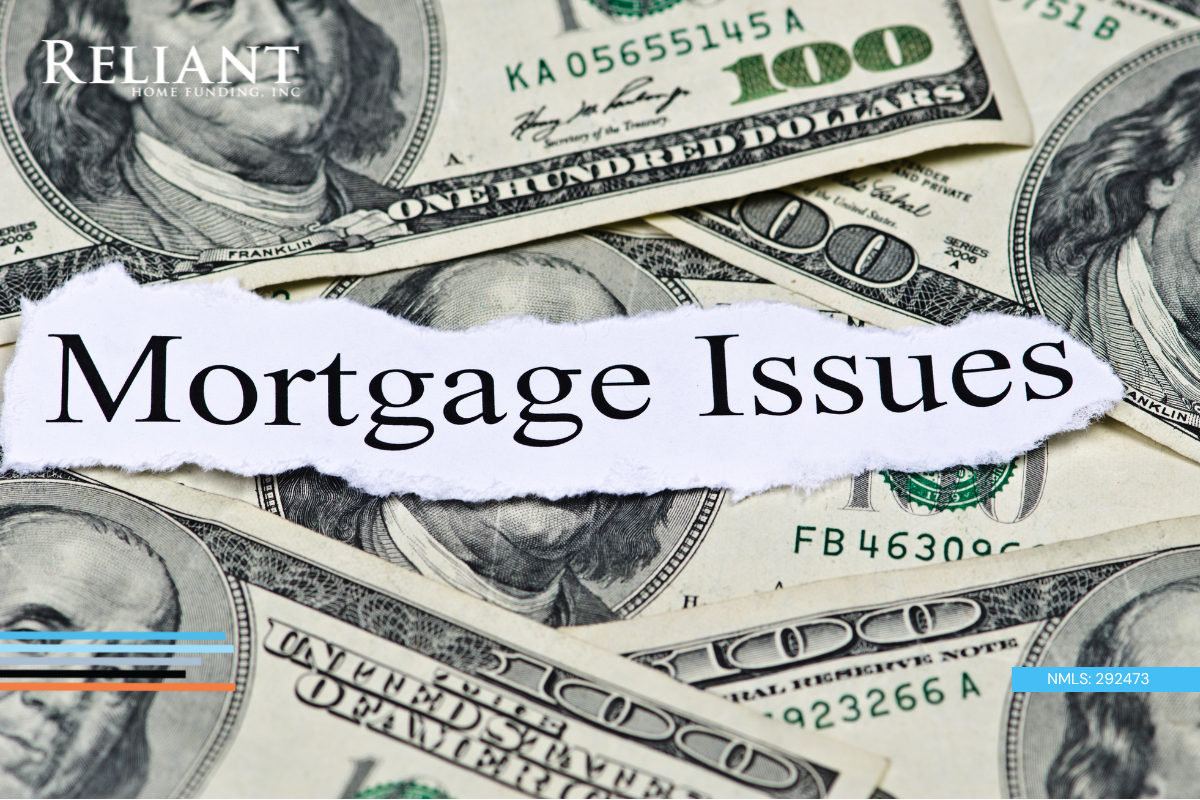Resilience & Mental Health: A Practical Guide To Thriving, Not Just Surviving

Table of Contents
Understanding Resilience and its Importance for Mental Health
Resilience is the ability to bounce back from adversity, trauma, tragedy, threats, or significant sources of stress—such as family and relationship problems, serious health problems, or workplace and financial stressors. It's not about avoiding hardship; it's about adapting and overcoming challenges. Key components of resilience include adaptability, optimism, and self-efficacy – the belief in your ability to succeed.
The relationship between resilience and mental health is profound. Individuals with strong resilience are better equipped to cope with mental health disorders like anxiety, depression, and PTSD. They tend to experience less severe symptoms and recover more quickly.
- Resilience isn't the absence of stress, but the ability to bounce back. Even resilient individuals experience stress; they simply possess the skills to manage it effectively.
- Strong resilience buffers against the negative impacts of stress. It acts as a protective factor, minimizing the detrimental effects of adversity on mental well-being.
- Building resilience improves coping mechanisms and emotional regulation. It equips individuals with the tools to navigate difficult emotions and situations more effectively.
Building resilience can be a powerful preventative measure against mental health issues. For those already struggling, enhancing resilience can significantly aid recovery and improve overall mental health outcomes. By strengthening your resilience, you're investing in your long-term mental well-being and reducing your vulnerability to future challenges.
Practical Strategies to Enhance Your Resilience
Building resilience is an active process requiring consistent effort and self-awareness. Here are some key strategies:
Cultivating a Growth Mindset
A growth mindset is the belief that abilities and intelligence can be developed through dedication and hard work. This contrasts with a fixed mindset, which assumes that abilities are innate and unchangeable.
- Embrace challenges as opportunities for learning. See setbacks not as failures, but as valuable learning experiences.
- View failures as stepping stones to success. Analyze what went wrong, learn from your mistakes, and adjust your approach accordingly.
- Focus on effort and progress, not just outcomes. Celebrate your effort and the progress you make, regardless of the final result.
Applying a growth mindset involves actively seeking out challenges, viewing criticism constructively, and persisting in the face of obstacles. For example, instead of avoiding a difficult task, embrace it as a chance to learn and grow.
Building Strong Social Connections
Strong social connections are crucial for mental well-being and resilience. Supportive relationships provide emotional support, a sense of belonging, and a network of help during difficult times.
- Nurture existing relationships. Spend quality time with loved ones, actively listen to their concerns, and offer support.
- Actively seek out new social connections. Join clubs, groups, or volunteer organizations to meet new people who share your interests.
- Join groups or communities with shared interests. Connecting with others who understand your experiences can provide invaluable support and validation.
Social support acts as a buffer against stress, providing emotional comfort and practical assistance. Strong social connections are a cornerstone of resilience.
Prioritizing Self-Care
Self-care is not selfish; it's essential for maintaining good mental and physical health, both of which are integral to resilience.
- Regular exercise: Physical activity releases endorphins, improves mood, and reduces stress.
- Healthy diet: Nourishing your body with healthy foods provides the energy and nutrients needed to cope with stress.
- Sufficient sleep: Adequate sleep is crucial for both physical and mental restoration.
- Mindfulness and meditation techniques: These practices help to calm the mind, reduce stress, and improve emotional regulation.
Prioritizing self-care allows you to build a strong foundation for resilience. When you take care of yourself physically and emotionally, you're better equipped to handle life's challenges.
Coping Mechanisms for Difficult Times
Even with strong resilience, difficult times will inevitably arise. Effective coping mechanisms are vital for navigating these periods.
Effective Stress Management Techniques
Stress management techniques are essential for maintaining mental well-being during challenging times.
- Identify your stressors: Understanding what triggers your stress is the first step to managing it.
- Develop coping strategies: Create a personalized toolkit of stress-reduction techniques.
- Practice stress-reduction techniques regularly: Regular practice is key to building resilience and coping effectively with stress. This includes techniques like deep breathing exercises, progressive muscle relaxation, and mindfulness meditation.
If stress becomes overwhelming or unmanageable, seeking professional help is crucial. A therapist can provide guidance and support in developing effective coping strategies.
Problem-Solving Skills & Decision Making
Strong problem-solving skills are crucial for building resilience. The ability to effectively analyze situations, develop solutions, and make decisions enhances your ability to overcome obstacles.
- Define the problem clearly: Clearly articulating the problem helps to focus your efforts on finding a solution.
- Brainstorm potential solutions: Generate a range of possible solutions, no matter how unconventional.
- Evaluate the pros and cons of each solution: Weigh the potential benefits and drawbacks of each solution to make an informed decision.
- Implement and monitor your chosen solution: Put your chosen solution into action and monitor its effectiveness. Be prepared to adjust your approach if needed.
Improved problem-solving skills directly strengthen resilience by empowering you to actively address challenges and find effective solutions.
Conclusion
Building resilience is a journey, not a destination. By understanding the vital connection between resilience and mental health, and by actively implementing the strategies outlined in this guide, you can equip yourself with the tools to not just survive life's challenges but to thrive. Remember, prioritizing your resilience and mental health is an investment in your overall well-being. Start building your resilience today and experience the transformative power of a stronger, more resilient you. Learn more about enhancing your resilience and mental health by exploring additional resources and seeking professional support when needed.

Featured Posts
-
 Is Climate Change Affecting My Ability To Get A Mortgage A Guide For Homebuyers
May 21, 2025
Is Climate Change Affecting My Ability To Get A Mortgage A Guide For Homebuyers
May 21, 2025 -
 Tottenham Loanees Impact Leeds Reclaim Championship Lead
May 21, 2025
Tottenham Loanees Impact Leeds Reclaim Championship Lead
May 21, 2025 -
 Juergen Klopp Un Yeni Takimi Son Dakika Transfer Detaylari
May 21, 2025
Juergen Klopp Un Yeni Takimi Son Dakika Transfer Detaylari
May 21, 2025 -
 Antiques Roadshow Couple Sentenced For National Treasure Trafficking
May 21, 2025
Antiques Roadshow Couple Sentenced For National Treasure Trafficking
May 21, 2025 -
 Iroiki Prokrisi Gia Tin Kroyz Azoyl Xari Ston Giakoymaki Telikos Champions League
May 21, 2025
Iroiki Prokrisi Gia Tin Kroyz Azoyl Xari Ston Giakoymaki Telikos Champions League
May 21, 2025
